Pros and Cons of Synthetic Slate on Houston Roofs
By Shantell Moya · 2 months ago · 14 min read
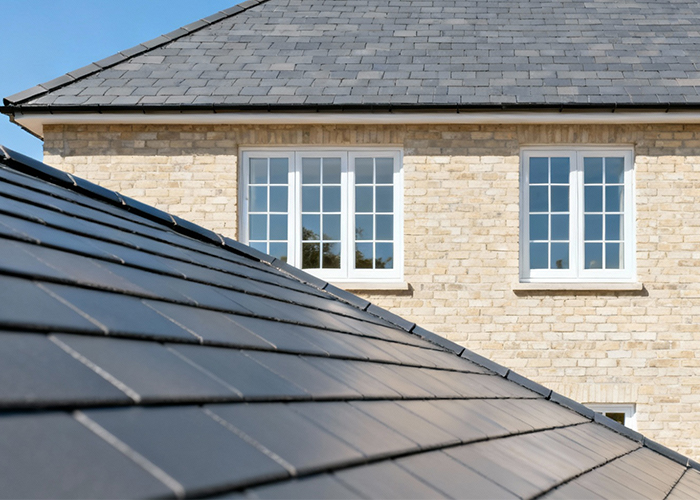
Class 4 ratings can get you insurance discounts between 20% and 35% and manufacturers claim that their products stand up to winds as high as 110 mph or stronger. Synthetic slate has only been around for about 20 years, and we’ve already seen a handful of companies that have faced class-action court cases because their products have failed way too early. Houston’s intense sun breaks down these materials faster than any northern climate test can predict.
The price difference becomes obvious when you compare synthetic to natural slate. Synthetic runs about $10 to $18 per square foot while natural slate costs $15 to $32 for a standard 2,500 square foot Houston roof. That gap translates to savings of anywhere from $12,000 to $35,000. Some of the cheaper synthetic options can also fade or get brittle after just 10 to 15 years in the Texas heat, though.
Synthetic slate has some serious challenges in Houston’s climate. Let’s look at the benefits and drawbacks of synthetic slate for your Houston home!
Hurricane and Hail Protection for Your Home
Houston homeowners have watched hurricanes track up the coast on radar, and the anxiety that comes with that is real. A roof in this city needs to withstand tough weather events throughout its lifetime. Synthetic slate roofing can stand against steady winds over 110 miles per hour and puts it well into hurricane-force territory. This type of protection matters most during those tough storm seasons.
Hurricane Ike really put every roof in the greater Houston area to the test. The interesting aspect about synthetic slate is the way it deals with all that pressure and force. Natural slate is extremely heavy and puts steady, unrelenting stress on the entire structure of your home. Synthetic slate only weighs about a quarter of what traditional slate weighs, which makes a massive difference. Your rafters and walls are going to be in much better shape when the next big storm eventually makes its way through the area.
Hail damage is a different challenge for Houston homeowners. Synthetic slate comes with a Class 4 damage resistance rating, and it’s the highest rating available. Manufacturers can drop a two-inch steel ball from 20 feet in the air, and the material stays in one piece. Natural slate would shatter into pieces all over your yard if you tried the same test.
The interlocking design of synthetic slate panels also makes a big difference in storm resistance. Each piece connects tightly with the ones around it and forms a unified surface that actively resists wind uplift. Wind just can’t get underneath the edges to pry pieces loose the way it does with other materials. Natural slate just sits on your roof and relies on its own weight to stay in place during storms.
The main benefit comes from how these materials respond to hits. Natural slate is brittle by nature and cracks when something hits it hard enough. Synthetic slate has flexibility built into the material itself. When hail strikes the surface, the material actually absorbs the energy from the blow instead of cracking and breaking apart.
Cost Benefits with Synthetic Slate
Weather resistance is great and all. But let’s talk about money. Cost is where synthetic slate starts to look appealing for most Houston homeowners.
Synthetic slate usually runs between $8 and $12 per square foot installed. Natural slate is pricey, though. You’ll pay $15 to $30 (sometimes even more) for that same square foot of coverage. Most Houston homes have roofs in the 2,500 to 3,500 square foot range, and the math here gets interesting pretty fast. The difference comes out to $15,000 to $30,000 between these two materials – it’s money that could go toward plenty of other home improvements.
The price gap actually gets wider when you realize the hidden costs of natural slate. Natural slate is an extremely heavy material. It’s stone, after all. Most homes just aren’t built for that much weight on the roof. Your contractor will probably need to beef up the roof trusses first. They might even have to add support beams in the attic. All that structural work puts thousands more on your final bill. Synthetic slate weighs about as much as standard asphalt shingles do. Your existing roof structure can support it just fine, and there’s no need for any of that expensive reinforcement work.
The installation process tells a similar story about cost savings. Synthetic slate tiles are lightweight and can be cut with standard tools. Contractors can move through the job much faster than they would with natural stone. Some ambitious homeowners actually install synthetic slate themselves (though I’d still recommend hiring a professional for something this big). A faster installation means fewer labor hours on your invoice. Natural slate needs specialized tools and has to be handled extremely carefully. One wrong move and the expensive tile shatters into pieces.
The value proposition gets even better as you stack synthetic slate up against other roofing materials that are popular in Houston. Metal roofs cost about the same as synthetic slate, but they don’t give you that classic slate look that lots of homeowners want. Composition shingles cost less up front. No argument there. The problem is that they only last 15 to 20 years in Houston’s harsh climate. Synthetic slate continues to protect your home for 40 to 50 years and barely needs any maintenance during that time.
Cool Roofs and Your Energy Savings
Houston air conditioners run practically non-stop for at least six or seven months out of the year. Anyone who lives there knows what I’m talking about. The synthetic slate roofs mentioned earlier make a big difference in your monthly cooling bills. The reason is fairly simple. Quality synthetic slate comes in lighter colors with coatings that are specifically designed to bounce heat away from your home. Traditional dark asphalt shingles do the exact opposite, and they just soak up all that heat instead.
Here are some numbers to show you what this does for your attic temperature. A black asphalt roof can push your attic temperature to 150 degrees on a typical Houston summer day. Synthetic slate roofs usually hold that same attic somewhere around 130 or 135 degrees instead. 15 – 20 degrees might not sound like much. But that temperature difference does take a lot of pressure off your AC system. Your cooling equipment runs more efficiently and doesn’t have to work nearly as hard to keep your home at a comfortable temperature.
Some synthetic slate products even qualify for ENERGY STAR ratings. These certifications mean that the materials have met some pretty strict standards for solar reflectance. You might also come across references to “cool roof” certifications as you start shopping around for materials. These two labels are solid indicators that the materials were specifically designed with energy savings in mind.
The roof material itself matters, but it’s one part of the energy efficiency picture. You also need the right attic ventilation to move all that hot air out and to let cooler air flow through the space. Reflective roofing and proper ventilation need to work as a team if you want to see the best results for energy savings.
Every reflective roof in Houston also gives a benefit that extends well past your own property line. Those dark roofs throughout the city absorb massive amounts of heat and then radiate it right back into the air. Experts call this the urban heat island effect, and it makes the entire neighborhood hotter than it would be otherwise.
Synthetic Slate Keeps Your Roof Dry
Houston’s humidity is brutal, and it continues to attack your roof all year long. Day after day and month after month, that moisture beats down on everything. For roofing materials in this climate, synthetic slate has some benefits over natural stone that are worth discussing.
The main aspect to know is how each material deals with water absorption. Natural slate has all these little pores throughout the stone, and in our humid climate, those pores act like microscopic sponges. Water gets in there and stays in there. Synthetic materials are different, though. The manufactured surface is sealed, and water can’t penetrate the material at all. No water absorption means no ugly green streaks running down your roof, and it also means no black staining that makes other Houston roofs look terrible after just a few years.
Mold and mildew need moisture to grow, and synthetic slate just doesn’t give them what they need. Algae is the same way. Without moisture able to work its way into the material itself, these problems can’t take root and spread across your roof surface the way they do on other materials. I see homeowners who constantly struggle with this on natural materials, and it’s always expensive to fix.
Another benefit that many homeowners don’t think about is freeze protection. Houston is hot most of the year, but we do get those random freezes in January or February that create serious problems. Natural slate has a weakness here because any absorbed water will freeze and expand inside the stone. That expansion causes cracks and chips in the material. Synthetic slate avoids this whole problem because there’s no absorbed water to freeze in the first place!
The right installation amplifies these benefits even more. A skilled contractor will pair your synthetic slate with the right underlayment materials to create a moisture barrier system. This combination prevents water from ever reaching your roof deck or any of the wooden structure underneath. All that moisture protection pays off for your entire roof system over the years. The decking underneath stays dry and maintains its strength for decades. The rafters don’t get water damage and rot that could eventually compromise your whole roof structure.
You’re protecting your investment from the ground up.
Damage Ratings That Save You Money
Synthetic slate roofing with the right damage resistance ratings can affect your insurance premiums. Most of the synthetic slate products on the market today have either a Class 3 or Class 4 rating for weather resistance. These ratings are based on UL 2218 testing, where they drop steel balls on the roofing material and measure how well it takes the punishment.
Houston homeowners know all about crazy weather, and insurance carriers know it too – they factor that into their pricing. State Farm, Allstate and most of the other big insurers will actually give you a discount between 20% and 35% for roofs that have a Class 4 rating. Most Houston homeowners pay somewhere around $2,400 a year for homeowner’s insurance, so we’re talking about $400 to $800 back in your pocket annually.
The savings will add up over the life of your roof. 20 years from now, you could be looking at $8,000 to $16,000 in total insurance savings, which is a decent chunk of what you originally invested in the synthetic slate roof, and it makes the whole investment easier to justify.
Make sure that you have all your documentation organized to get these discounts. The manufacturer’s certification that shows your roof’s damage rating is the main paper that you’ll need. Your insurance company is going to ask for this when you request the discount, and some insurers will even send out their own inspector to make sure everything was installed correctly.
Different insurance carriers in Texas have different discount structures for weather-resistant roofing. Farmers Insurance might give you 25% off your premium. But another carrier could go as high as 30%. When you’re shopping around and before you lock yourself into any particular policy, call around and ask each company what discount they offer for Class 4 damage-rated roofs. The difference between carriers can be big enough to change which insurer you choose!
The Downsides of Synthetic Slate
Synthetic slate roofing comes with a handful of drawbacks that Houston homeowners need to know about before they choose it. The Texas sun is pretty brutal on roofing materials throughout the summer months. Some of the cheaper synthetic products just can’t take that type of punishment year after year. Give it 10 or 15 years of non-stop heat exposure, and you’ll see the material start to fade, and it can even turn brittle and crack. It’s not quite the decades of performance that you’d want from a roof that’s supposed to be a long-term investment. Houston’s weather is also famously unpredictable, and it can swing from burning hot to unexpectedly cool sometimes within just a few hours. Synthetic materials usually expand and contract much more dramatically than natural slate when temperatures fluctuate like this.
Another concern worth mentioning is the track record of these materials. Natural slate has proven itself over literally centuries of use on roofs around the world. Synthetic slate has actually only been around for 20 or 30 years in the real world. We’re the first generation to see how well these products actually hold up over a few decades.
The environmental side matters to a lot of homeowners, too. Most synthetic slate products are made from petroleum-based materials, which means they’re not very eco-friendly.
Replacement tiles can also turn into a big problem later. Manufacturers discontinue their product lines fairly frequently, and they don’t always give much advance warning. If you need to repair storm damage in 5 years, the exact tiles you need might not be available anymore!
Local requirements are another possible roadblock. Lots of Houston neighborhoods have strict requirements for what materials you can use on your roof. Historic districts in particular usually need authentic materials to preserve the neighborhood’s original character. Your HOA could have similar restrictions, so make sure you verify what’s allowed before spending any money on materials.
A Secure Home Starts with a Solid Roof
Synthetic slate checks quite a few boxes for Houston homeowners when you look at the options. The material gives you that beautiful slate appearance that everyone loves without the massive price tag or the structural concerns. Traditional slate is extremely heavy, and most homes just aren’t built to support all that weight. Synthetic slate solves that problem completely.
Our weather in Houston is tough on roofing materials, too. We go from extreme heat in the summer to random hailstorms that seem to come out of nowhere. Synthetic slate stands up to it remarkably well. The materials are specifically designed to take a beating and keep on protecting your home.
Now I won’t sugarcoat it – they’re not indestructible or anything like that. After 10 or 15 years, you’ll probably see some signs of wear. Maybe a few scratches here and there or some slight fading. But for what you’re paying compared to natural slate? The value is there.
Research is everything for an investment this big. Get the product samples in your hands before you buy anything. The quality difference between manufacturers can be significant, and you want to see it for yourself. The hail ratings matter more than ever because Class 4 ratings can unlock substantial insurance discounts that add up over time. Your installer needs to have experience with synthetic materials, too, because the installation process has its own specific requirements. A quick call to your insurance company could also show you some premium reductions. Many carriers will give you substantial discounts for Class 4 hail-rated synthetic slate roofs.
Roof Republic is our company, and we do commercial and residential roofing all across the Greater Houston Area. We’re based right here in Texas, so we’ve seen firsthand what this climate does to roofing materials year after year. Your roof is one of the biggest investments you’ll make, and it literally protects everything else you own. Professional installation and repair services really matter for something this significant to your home. Free inspections are available if you want to know what condition your roof is actually in. Our team works with synthetic slate and every other roofing material out there.
Contact us and we’ll find what makes the most sense for your home and your budget.
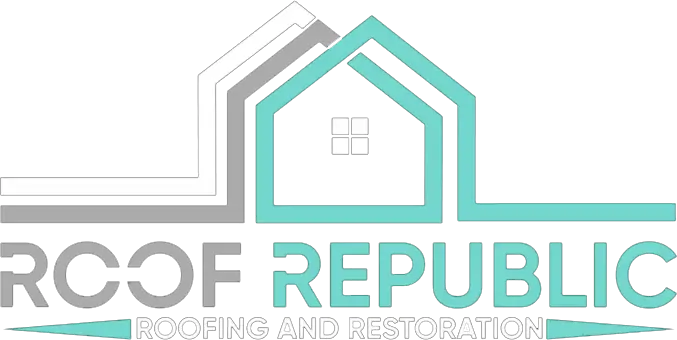
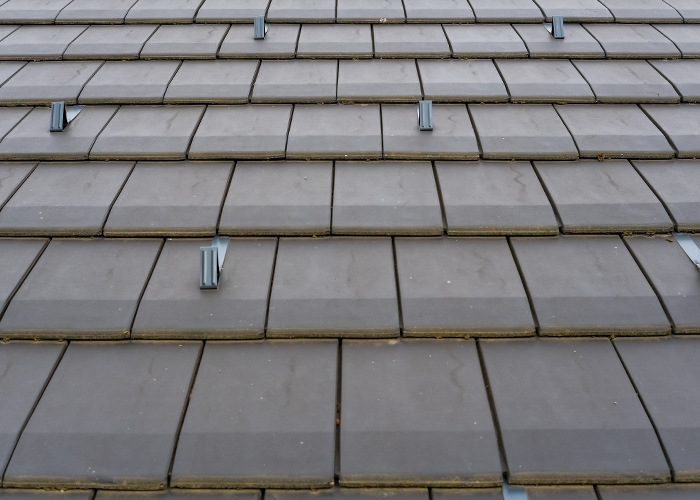
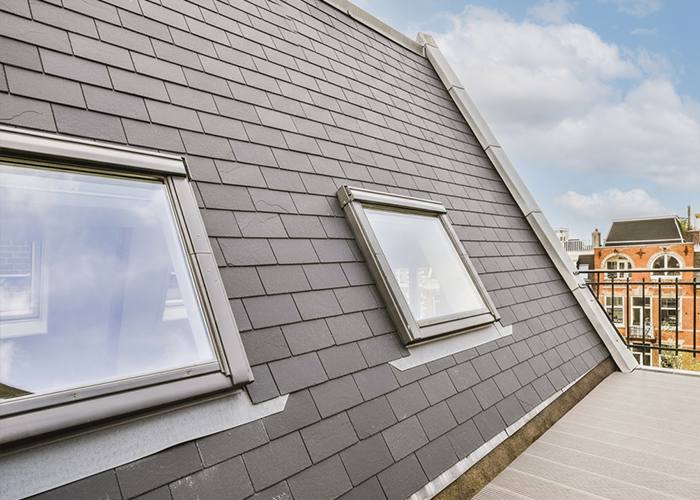
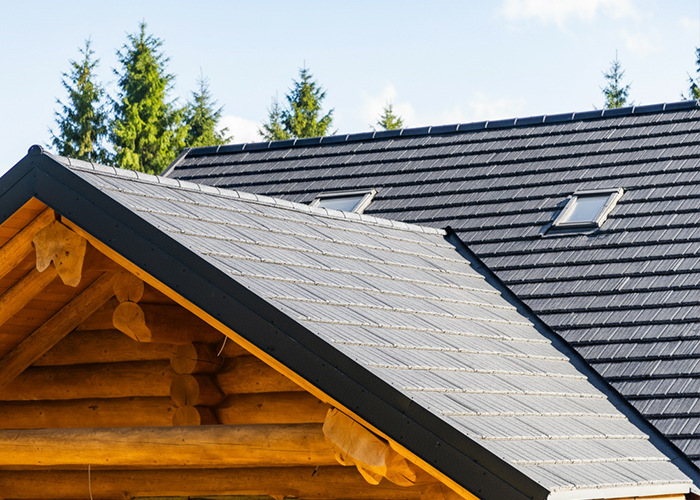
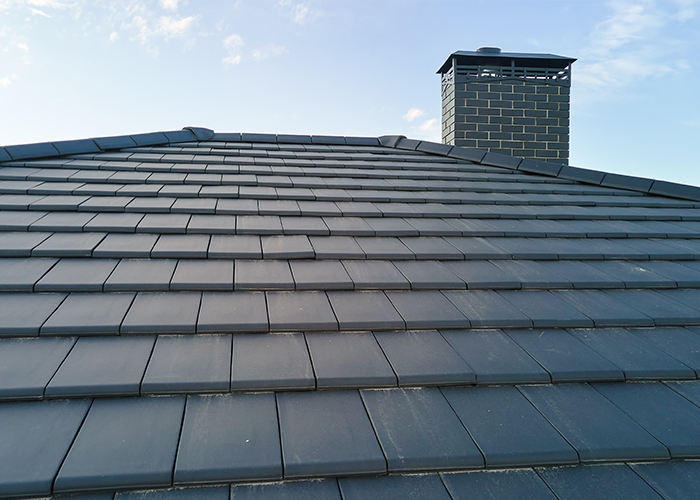
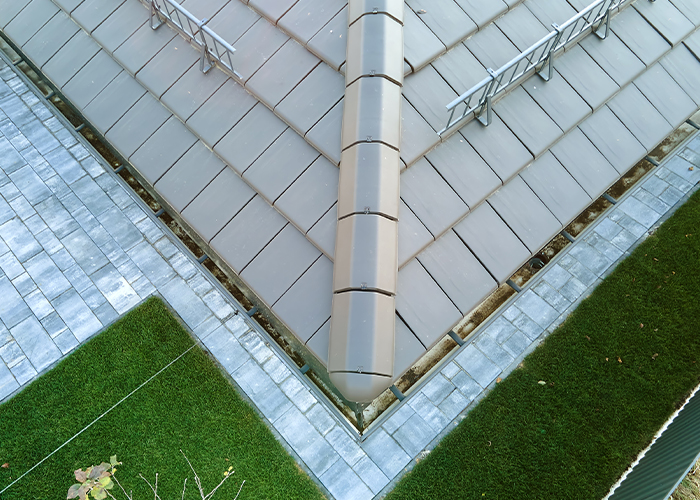
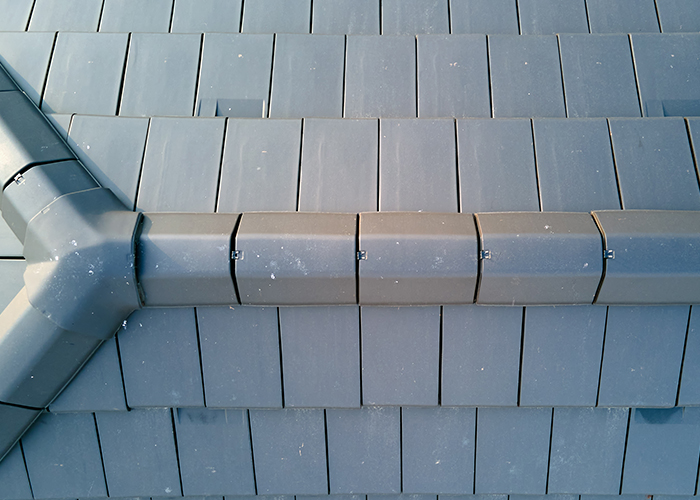
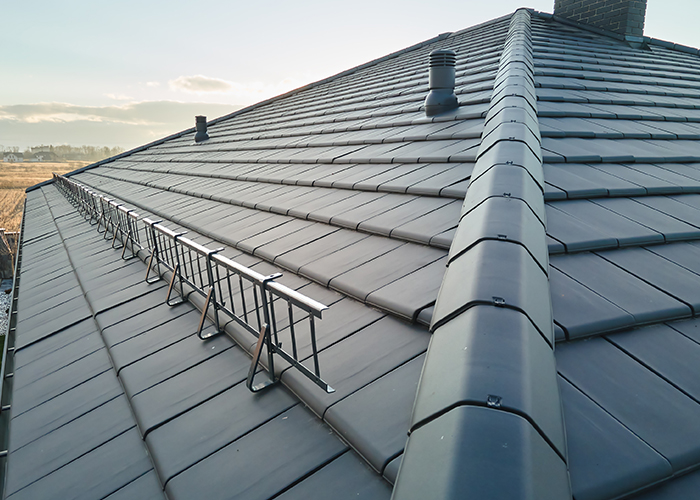

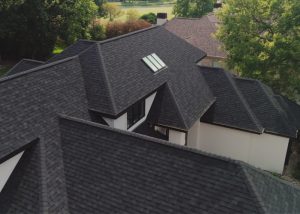
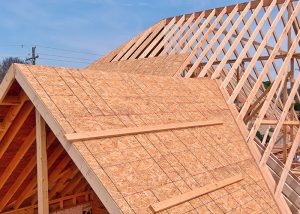
Comments
Sort by: